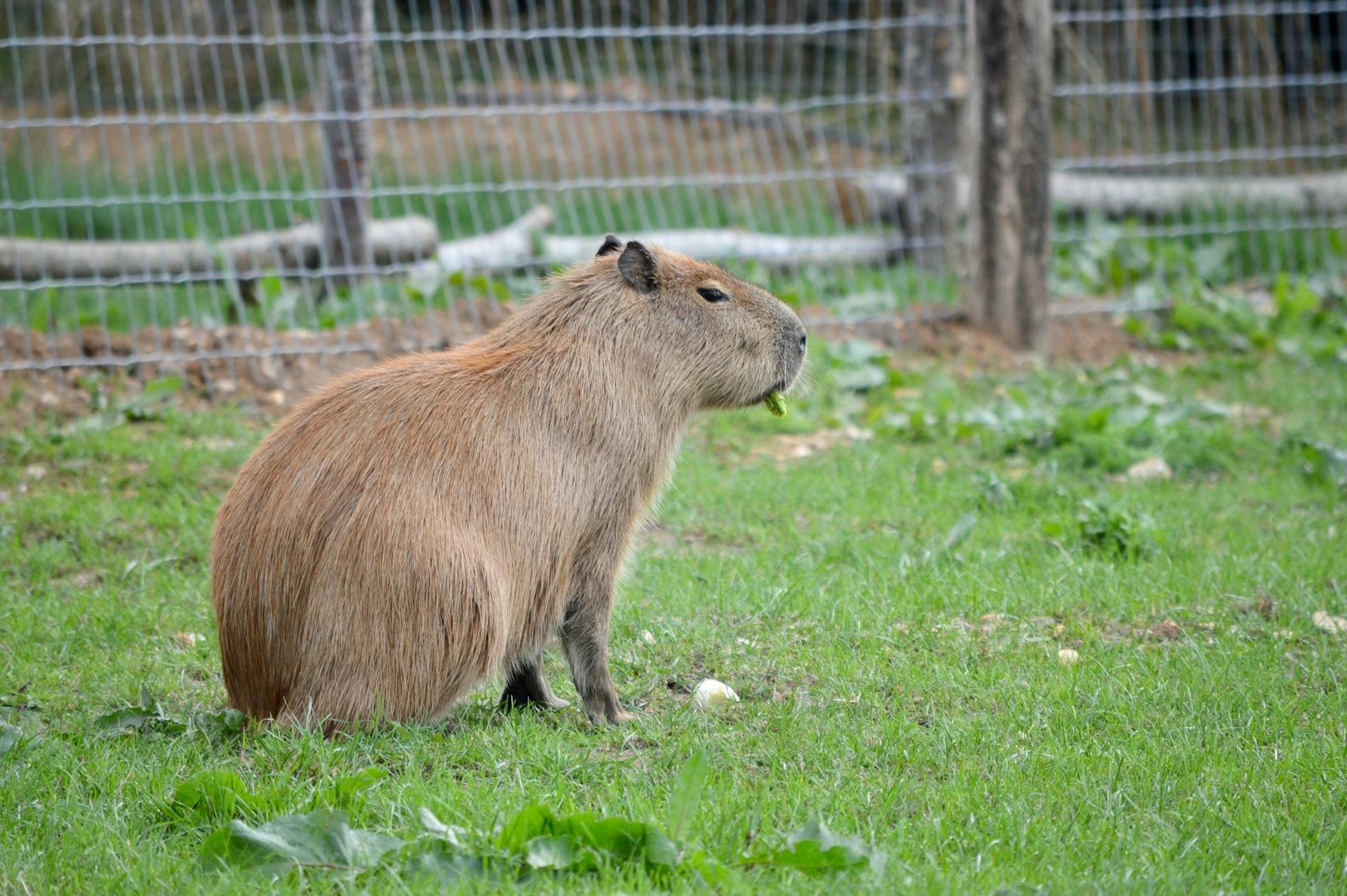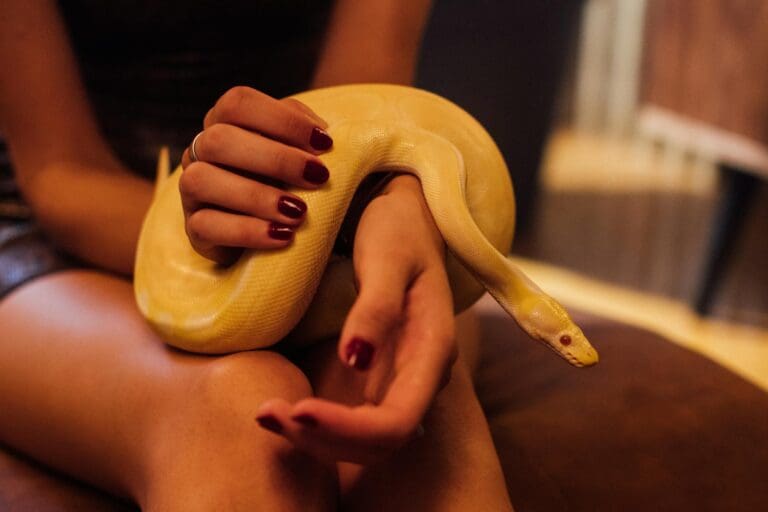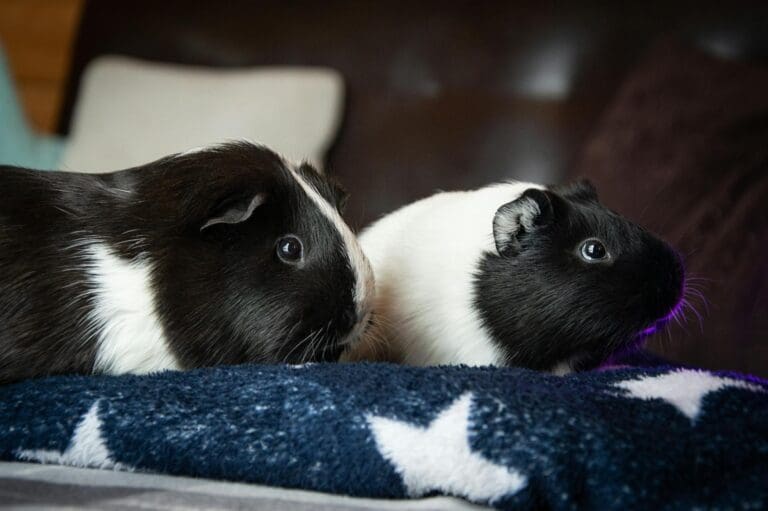That cute sugar glider video on social media seems irresistible, and your neighborhood pet store says hedgehogs would make great apartment pets. But there is a tangled web of legal regulation, animal welfare issues, and environmental impacts behind the cuteness.
The ethics of exotic pet ownership are hotly debated as more individuals find these exotic creatures, usually without appreciating the advanced care needs or general issues of bringing wild animals into homes.
Legal and Regulatory Challenges of Exotic Pets
State legislations vary drastically for exotic pet ownership, leaving prospective owners perplexed. California bans sugar gliders completely, while Texas leaves them legal with no need for permits. Hedgehogs remain illegal in New York City, Pennsylvania, and several other states because of concerns over rabies and invasive species.
The Lacey Act makes interstate transportation of certain species a crime, and CITES regulations restrict international trade in endangered species. Even legally purchased exotic pets turn into contraband when their owners travel across state lines without the right certificate.
Insurance concerns face exotic pet owners when veterinary crises arise. Exotic animal injuries are not covered by most homeowner’s policies, and veterinary treatment for these animals is several times higher than that for regular pets. Sugar gliders requiring emergency surgery can tally $2,000+ bills at exotic animal hospitals.
The greatest legal concerns are:
- State-by-state permits and licensing
- Interstate transport regulations and permits
- Insurance gaps for exotic species
Read More: 10 Exotic Pets You Didn’t Know Were Legal
Animal Welfare Concerns and Captive Care Requirements
Wild animal behavior seldom crosses over to home environments, presenting ethical challenges for captive care. Sugar gliders are extremely social marsupials that glide from tree to tree within 100+ acre home ranges. Owners provide tiny cages and individual animals, resulting in depression, self-mutilation, and reduced lifespans.
Hedgehogs have the same type of welfare issues in captivity. Lone, nocturnal creatures require specific temperature ranges, specialized diets, and minimal handling. Some develop wobbly hedgehog syndrome, a neurological condition linked to captive breeding and improper care. Pet stores typically provide inadequate information about advanced care requirements.
Veterinary access raises additional welfare concerns. There are not many veterinarians experienced with exotic animals, and owners have limited emergency backup resources. Stressed exotic pets also hide signs of disease until it becomes fatal, requiring immediate specialist care.
At Currumbin Vet Services, ethical exotic pet ownership is promoted by encouraging owners to fully understand their pet’s needs, including sourcing only captive-bred animals and providing proper environmental enrichment. Responsible owners become advocates for wildlife conservation through education and proper care, helping exotic pets thrive and raising awareness of biodiversity issues.
Read More: Seals Just Wanna Have Fun: A Compilation of Happy Vibes
Environmental Impact and Conservation Ethics
Exotic pet captive breeding operations also often place profit over the welfare of animals, creating puppy mill–like conditions for foreign species. Sugar glider mills maintain high densities of animals in deplorable facilities, and hedgehog breeders will inbreed for some color varieties that aggravate medical conditions.
The exotic pet ownership ethics question continues to evolve as additional research demonstrates the challenge of meeting wild animals’ multifaceted needs in domestic settings.
While many species acclimate relatively well to captivity with proper handling, the majority of ethical exotic pets are purpose-bred animals for domestic life over generations. When choosing unusual companions, determine whether you can provide species-appropriate care for their entire lifespan and encourage ethical breeding practices.
Read More: Exotic Pets on the Rise: What’s Fueling the Demand for Unusual Animal Companions?






